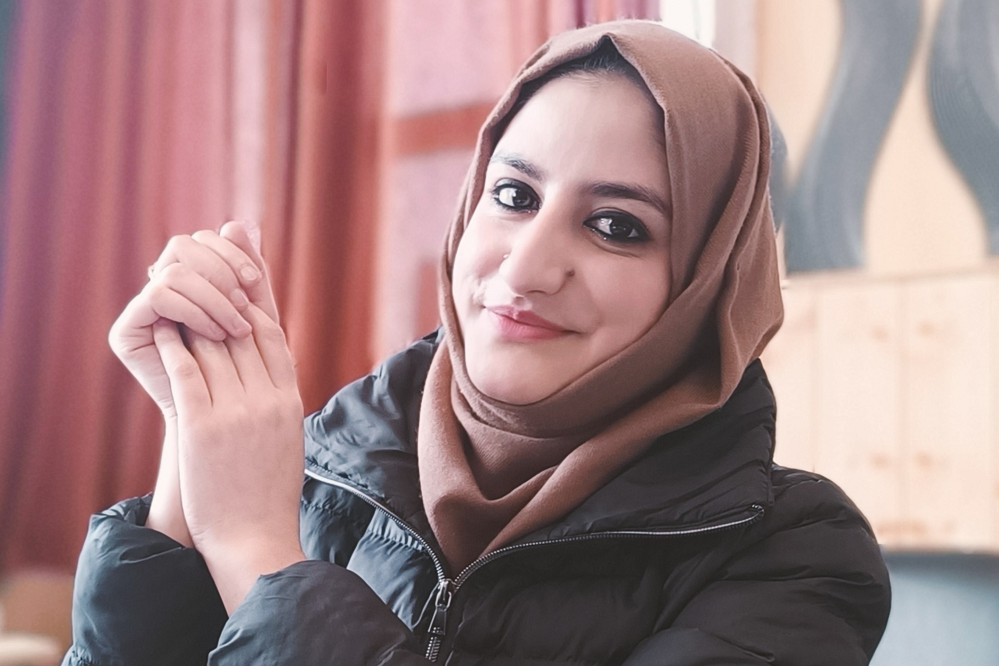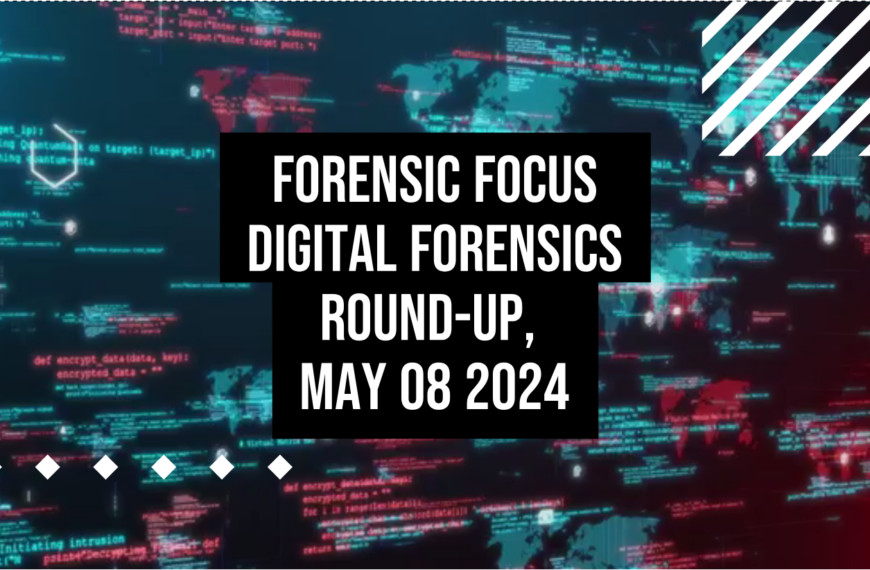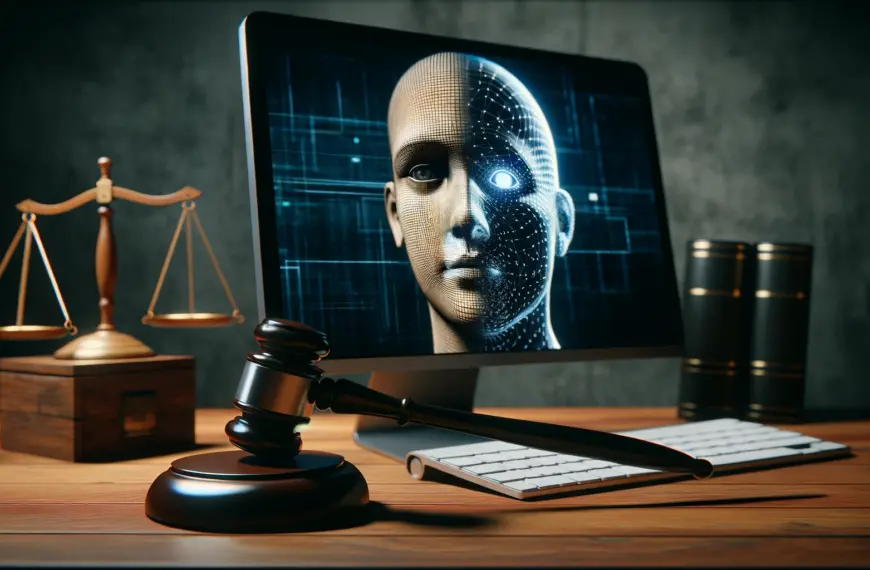FF: Mariya, please introduce yourself and tell us a bit about your role in DFIR?
Mariya: I am Mariya Shafat Kirmani, and I am currently pursuing my research from the Department of Electronics and Instrumentation Technology, University of Kashmir, India. I have done my Bachelor’s and Master’s degrees in Information Technology from the University of Kashmir, India in 2013 and 2015 respectively. I am a Gold Medallist in both my Bachelor’s and Master’s. Currently, I am also an INSPIRE fellow associated with the Department of Science and Technology (DST), Govt. of India. My research interests include Digital Forensics particularly Physical Memory Forensics, Internet of Things Forensics, Anti-forensics, Rootkit Forensics, Digital Forensic Reliability, etc.
In March, the Women in Forensic Computing (WinFC) Digital Forensics Workshop and Bootcamp will be held in cooperation with DFRWS EU 2023 in Bonn. Can you tell us a bit about the origins of this event and its links to DFRWS?
The Women in Forensic Computing (WinFC) started in 2019 in cooperation with DFRWS EU, as a workshop series, to be held annually, with the aim to increase awareness and appreciation of the achievements of women in the area of digital forensic computing. The organizers were Dr. Felix Freiling from FAU, Germany and Katrin Franke from NTNU, Norway. Since its inception, the workshop has grown both in its organizing team and participants. This workshop series is supported by the office of Gender and Diversity of Friedrich-Alexander-Universität (FAU) and by Deutsche Forschungsgemeinschaft (DFG, German Research Foundation) as part of the Research and Training Group 2475, Cybercrime and Forensic Computing. DFRWS EU is also an annual digital forensics conference that aims to promote and support digital forensics research.
In 2019, the workshop was held at National Criminal Investigation Service (KRIPOS), Oslo, Norway. In 2020, the workshop was scheduled to be held at the University of Oxford, UK, however, due to Covid-19, it got postponed. In 2021, the event was held virtually, because of Covid-19 travel restrictions. From 2022, the workshop switched to hybrid mode and was conducted successfully, both virtually and in person, at the University of Oxford, UK. For the year 2023, the workshop is again a hybrid event and can be attended either in the virtual space or physically at the University of Bonn, Germany, on March 20, 2023. The workshop also offers several travel scholarships to participants from across the globe. The participants who secure the scholarships also get free registration to DFRWS EU.
The collaboration between WinFC and DFRWS EU 2023 is meant to bring attention to the underrepresentation of women in digital forensics and to provide a supportive environment for women to learn and network in the field. The workshop and bootcamp will provide hands-on training and practical experience in digital forensics, as well as opportunities for attendees to connect with experts and other professionals in the field.
You’re a part of the organizing committee for WinFC – how did you get involved, and what makes it such an important event?
Yes, I have been part of the organizing committee for WinFC since 2022. However, I have been associated with the WinFC workshop since 2020. I was very much interested in the work of Dr. Felix Freiling, and while looking for his work, I learned about WinFC and applied for it. I secured the travel scholarship and registration to DFRWS EU 2020 as a participant in WinFC workshop and the conference. The workshop got postponed to 2021, which was of course held virtually due to Covid-19 travel restrictions. After attending my first workshop and conference in 2021, I got engaged with the organizing committee actively. I am also a volunteer for DFRWS EU. In WinFC 2022, I was an invited speaker and gave a talk virtually. For WinFC 2023, I am planning to be there in person for another talk.
Like I said, my research area is digital forensics. The workshop and the conference both are inclined with my research interests, especially Dr. Felix’s work. I find it a great place to network with the elites, professionals, academics, or researchers in Digital Forensics. It offers opportunities for young women for learning, career advancements, and professional development in the field of Digital Forensics. With the hands-on sessions and practical experiences, it allows attendees to develop new skills and improve their existing ones. The workshop also allows participants to share their knowledge and expertise as short presentations. Being part of this workshop family is wonderful and has really helped me in keeping up with the latest developments and research in the field of Digital forensics.
As well as being part of the organizing committee, you’re also listed as a confirmed speaker. Can you give us a preview of your planned talk?
Yes, I am a confirmed speaker at the workshop WinFC 2023, and I will be attending the workshop in person this year hopefully. I will be talking about the Internet of Things (IoT) Forensics. Considering the unprecedented growth of IoT devices, it is going to have a great impact on every important aspect of human life. I will be talking about where we stand as digital forensic practitioners in the context of IoT. My talk will cover the following key points:
- An overview and the importance of IoT forensics in modern investigations
- How IoT is going to affect Digital Forensics
- Constraints or challenges faced by contemporary forensic practitioners when investigating IoT devices or ecosystems
- An overview of the tools, techniques, or practices used in IoT forensics for extraction and analysis of potential evidence
- The future directions
A few years ago, you co-authored an article called ‘Digital Forensics in the Context of the Internet of Things’. Is this an area of particular interest?
Yes, indeed I have co-authored an article entitled “Digital Forensics in the Context of the Internet of Things”. Like I said, IoT is an emerging field showing an exponential growth. It demands more research on every front, including security and forensics. However, the field of IoT forensics is still in its infancy and has not developed yet. Over the past few years during my research tenure, I have been working towards the Forensic Investigations of IoT devices as one of my objectives. Although the published article is a more generic one, since then, I have been analyzing and working on the forensic investigation of attacks that subvert an IoT device at the firmware level. The results are not published yet, but are being finalized for the publication.
Finally, when you’re not at work, how do you spend your spare time?
How I spend my spare time depends upon the day. On more calmer days, I tend to be an idealist and would read a good book, collect literature quotes, and occasionally I would write for myself or for the local newspaper – nothing pertaining to technology though. It’s more philosophical than logical. On the other days, I would like to take some time off and go by the lake side; I live pretty near by a beautiful lake. Occasionally, I would photograph some good moments. After my university, I spend my evenings with my family, especially my beloved husband. And on the weekends, I stay put and enjoy the company of my adorable nephew. I believe that the beauty of life is to be grateful for what you have while you still have it and find joy in simple things and small moments of life.















